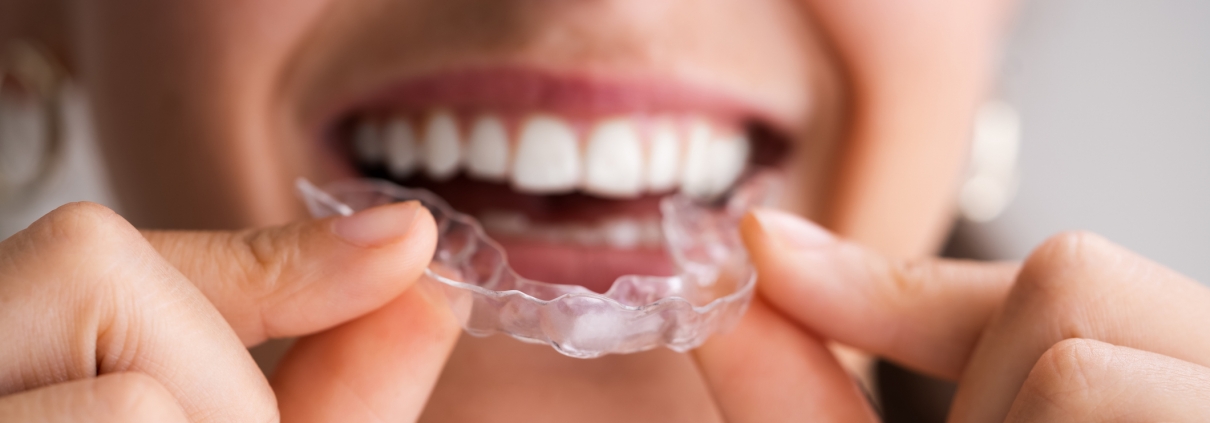Understanding Teeth Grinding (Bruxism)
Teeth grinding, or bruxism, is a condition where individuals unconsciously clench, grind, or gnash their teeth. This activity can occur during the day or night, with nighttime bruxism being particularly problematic as individuals are unaware they are doing it. Over time, bruxism can lead to significant dental and health issues if left untreated. In this article, we will explore the causes, symptoms, and treatments for teeth grinding, as well as ways to prevent it.
What is Teeth Grinding?
Teeth grinding involves the repetitive clenching and grinding of the teeth, usually without conscious awareness. Bruxism is divided into two types:
Awake Bruxism:
This happens when people grind or clench their teeth while awake, often linked to stress, anxiety, or concentration.
Sleep Bruxism:
Occurring during sleep, this type is considered a sleep-related movement disorder, similar to sleepwalking or restless legs syndrome.
Though occasional teeth grinding is common and often harmless, frequent and severe grinding can lead to a variety of health problems, including:
- Damaged teeth
- Jaw pain or discomfort
- Headaches
- Temporomandibular joint (TMJ) disorders
What Causes Teeth Grinding?
Bruxism can be triggered by several factors, and in some cases, a combination of causes. Below are the most common reasons behind teeth grinding:
Stress and Anxiety
Emotional factors, especially stress and anxiety, are the leading causes of teeth grinding. When people feel overwhelmed, they may unconsciously clench their jaw or grind their teeth as a way of coping with the pressure.
Sleep Disorders
Sleep disorders, such as obstructive sleep apnea (OSA), can contribute to sleep bruxism. Studies have shown that people who suffer from sleep apnea are more likely to grind their teeth during sleep.
Malocclusion
Malocclusion refers to improper alignment of the teeth or jaw, which can cause the teeth to grind against each other. This misalignment may force the muscles of the jaw to overwork, leading to bruxism.
Lifestyle Factors
Certain lifestyle factors can increase the risk of bruxism, including:
Caffeine and Alcohol Consumption:
High intake of caffeine (from coffee, energy drinks) or alcohol can trigger teeth grinding, especially during sleep.
Smoking:
Tobacco use has been linked to bruxism due to its stimulant properties.
Medications:
Some medications, especially antidepressants, can lead to increased jaw activity and grinding.
Genetics
Research suggests that there may be a genetic component to bruxism, particularly for sleep bruxism. If one or more family members grind their teeth, there is an increased likelihood that others in the family may also experience it.
Symptoms of Teeth Grinding
People with bruxism may not always realize they are grinding their teeth, especially during sleep. However, there are several signs and symptoms that indicate teeth grinding may be occurring:
Worn-down Teeth:
Flattened, chipped, or loose teeth are a strong sign of bruxism, as the grinding wears down the enamel and can damage the tooth structure.
Jaw or Face Pain:
Persistent soreness or tightness in the jaw muscles, especially after waking up, may indicate grinding during sleep.
Headaches:
Frequent dull headaches, particularly in the temples, are often associated with teeth grinding.
Ear Pain:
Though unrelated to ear infections, pain or pressure around the ears can occur due to tension in the jaw muscles.
Increased Tooth Sensitivity:
As enamel wears down, teeth can become more sensitive to hot, cold, or sweet foods.
Disrupted Sleep:
People with sleep bruxism may wake up frequently during the night without realizing the cause.

